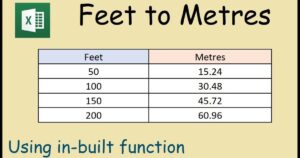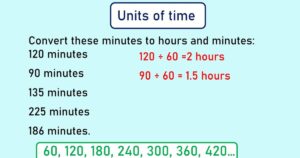Time management starts with knowing how many hours are in a week. People often ask, “How many hours are in a week in 2025?” The answer helps in work planning, study schedules, and daily routines. Understanding weekly hours makes life more organized and balanced.
In 2025, the hours in a week will remain the same as before. A week always has a fixed number of hours. This fact is important for productivity and better planning. Let’s learn exactly how many hours are in a week and why it matters.
Understanding how many hours are in a week is fundamental for time management, work scheduling, and productivity planning. Whether you’re a student, professional, or simply someone looking to better organize your time, this comprehensive guide will walk you through everything about weekly hours.
The Basics of Knowing Hours in A Week
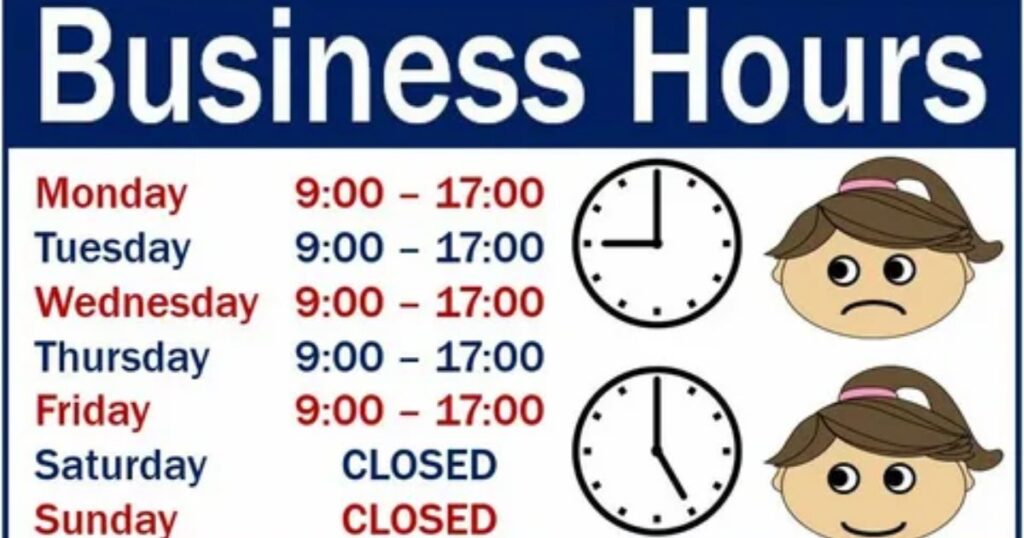
A standard week contains 168 hours. This fundamental measurement serves as the foundation for countless applications in our daily lives, from work schedules to project planning. Understanding this basic unit helps us make informed decisions about how we allocate our most precious resource: time.
The concept of weekly hours becomes particularly important when you consider that every person, regardless of their circumstances, has exactly the same 168 hours to work with each week. This equality in time allocation makes it crucial to understand how to maximize these hours effectively.
Many people underestimate how much time they actually have in a week. When broken down into hours rather than days, 168 hours can seem like a substantial amount of time for accomplishing goals, building habits, or pursuing personal interests.
Calculate Hours in a Week
Calculating hours in a week is straightforward once you understand the basic components. The calculation involves multiplying the number of days in a week by the number of hours in each day.
The Simple Formula:
- Days in a week = 7
- Hours in a day = 24
- Total hours in a week = 7 × 24 = 168 hours
This calculation remains constant regardless of the specific week you’re measuring. Unlike months, which can vary between 28 and 31 days, weeks are always exactly seven days long, making weekly hour calculations predictable and reliable.
For those working with different time zones or schedules, it’s important to remember that this calculation doesn’t change based on your location or daily routine. The 168-hour week is a universal constant that applies globally.
Basic Calculation

The mathematical foundation for determining weekly hours is simple arithmetic that anyone can master. Let’s break down the calculation step by step:
Step 1: Identify the constants
- 1 day = 24 hours
- 1 week = 7 days
Step 2: Apply the multiplication
- 7 days × 24 hours/day = 168 hours
Alternative verification methods:
- Count hours from Monday 12:00 AM to Sunday 11:59 PM
- Use 24-hour increments: 24 + 24 + 24 + 24 + 24 + 24 + 24 = 168
- Convert from minutes: 10,080 minutes ÷ 60 = 168 hours
This basic calculation forms the foundation for more complex time management calculations, such as determining work hours, study schedules, or leisure time allocation throughout the week.
Breaking Down the 168 Hours
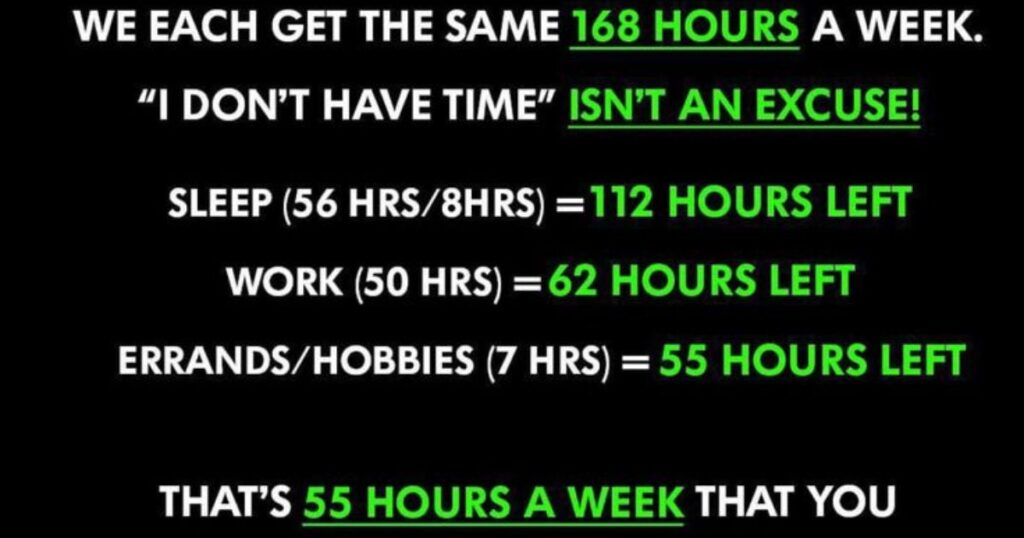
Understanding how the 168 weekly hours are typically distributed can provide valuable insights for time management and life balance. Here’s how most people allocate their weekly hours:
Sleep (56 hours – 33% of the week)
- Average 8 hours per night
- Essential for health and productivity
- Non-negotiable time investment
Work (40-50 hours – 24-30% of the week)
- Standard full-time employment
- Includes commute time for many people
- Varies significantly by profession and location
Personal Care (21 hours – 12.5% of the week)
- Meals, hygiene, getting dressed
- Basic daily maintenance activities
- Often underestimated in time planning
Free Time/Leisure (41-51 hours – 24-30% of the week)
- Entertainment, hobbies, socializing
- Exercise and recreation
- Personal development activities
Household Tasks (14 hours – 8% of the week)
- Cleaning, cooking, shopping
- Home maintenance
- Family responsibilities
This breakdown reveals that even with work and sleep, most people have 40-50 hours of discretionary time each week. This realization can be empowering for those looking to pursue new goals or hobbies.
Why Is a Week Seven Days Long?

The seven-day week has fascinating historical and cultural origins that have shaped our modern understanding of time cycles. Understanding this background helps explain why we calculate weekly hours as we do today.
Ancient Origins: The seven-day week traces back to ancient Babylonian civilization around 4,000 years ago. The Babylonians were skilled astronomers who observed seven celestial bodies visible to the naked eye: the Sun, Moon, Mars, Mercury, Jupiter, Venus, and Saturn.
Religious Significance: Many world religions adopted the seven-day cycle, most notably in Judeo-Christian traditions where the concept of a seven-day creation cycle appears in religious texts. This religious adoption helped standardize the seven-day week across cultures.
Roman Influence: The Roman Empire played a crucial role in spreading the seven-day week throughout Europe and beyond. Emperor Constantine officially adopted the seven-day week in 321 CE, making it the standard throughout the Roman territories.
Modern Adoption: Today, the seven-day week is nearly universal, used by virtually every country and culture worldwide. This standardization makes the 168-hour calculation globally relevant and consistent.
The persistence of the seven-day week across millennia demonstrates its practical utility for human rhythm and social organization, making our 168-hour calculation a truly universal measurement.
Using an Hours Calculator
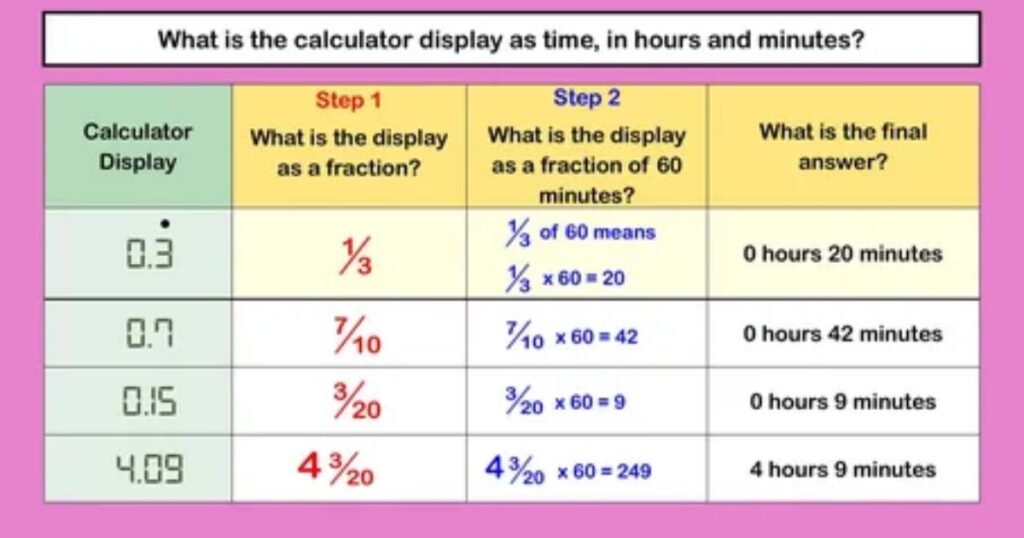
Modern technology offers numerous tools to help calculate and track weekly hours more efficiently. These calculators can be invaluable for various applications, from payroll management to personal time tracking.
Types of Hours Calculators:
1. Basic Week Hours Calculator
- Simple multiplication tools
- Convert between days, hours, minutes, and seconds
- Available as mobile apps and web tools
2. Work Hours Calculator
- Track daily work hours throughout the week
- Calculate overtime and regular hours
- Integrate with payroll systems
3. Time Management Calculators
- Break down 168 hours by activity categories
- Visualize time allocation with charts and graphs
- Set goals for different time investments
4. Project Planning Calculators
- Estimate project duration in weekly hours
- Allocate resources across multiple weeks
- Track progress against time budgets
Popular Calculator Features:
- Automatic time zone adjustments
- Integration with calendar applications
- Export capabilities for reporting
- Mobile synchronization across devices
Benefits of Using Hours Calculators:
- Increased accuracy in time tracking
- Better visualization of time allocation
- Improved planning and scheduling
- Enhanced productivity insights
Choosing the Right Calculator: When selecting an hours calculator, consider your specific needs. Students might prefer simple academic planning tools, while business professionals may need more sophisticated project management features.
Many calculators offer free versions with basic functionality, while premium versions provide advanced analytics and integration capabilities. The key is finding a tool that matches your complexity requirements and usage patterns.
Best Practices for Calculator Use:
- Regular data input for accuracy
- Consistent categorization of activities
- Review and analyze patterns weekly
- Adjust plans based on insights gained
Remember that while calculators are helpful tools, the goal is to develop a better intuitive understanding of how you use your 168 weekly hours. Over time, you’ll become more skilled at estimating and planning your time allocation.
Conclusion
Understanding how many hours are in a week is important for time management. Every week has 168 hours, and using them wisely can improve work, study, and personal life. When we know the total weekly hours, it becomes easier to plan tasks and set priorities. This knowledge helps balance productivity and relaxation.
In 2025, the answer to “how many hours are in a week” remains the same: 168 hours in 7 days. Time itself does not change, but how we manage it makes a big difference. By organizing these hours well, you can achieve goals faster, reduce stress, and enjoy a healthier lifestyle. Time is limited, so making the best use of each week is the key to success.
FAQ’s
How many hours are there in a week?
There are exactly 168 hours in a week, calculated by multiplying 7 days × 24 hours per day.
What is the total number of hours in one week?
One week contains 168 hours total, which equals 10,080 minutes or 604,800 seconds.
How do you calculate weekly hours?
To calculate weekly hours, multiply 7 days by 24 hours per day to get 168 hours per week.
How many working hours are in a week?
A standard full-time work week typically contains 40 hours, leaving 128 hours for other activities.
Why does a week have 168 hours?
A week has 168 hours because it contains 7 days, and each day has 24 hours (7 × 24 = 168).
How many hours should I sleep in a week?
You should aim for approximately 56 hours of sleep per week, which equals 8 hours per night.


